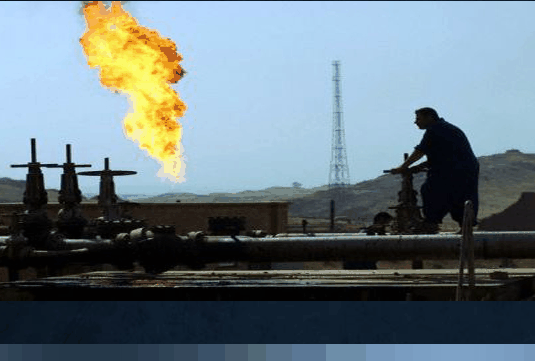In 2005, when the first exploration round came out, Libya appeared to be very attractive and companies bid competitively. Dr. Charles Gurdon, Managing Director of MENAS Associates, recently participated in an interview with The Energy Exchange to discuss Libya's options to attract IOCs as well as the opportunities that present themselves for IOCs in North Africa.
According to Dr. Gurdon, the EPSA 4 does not provide attractive or viable commercial terms for IOCs to continue to operate in Libya.
"Unless they find oil or gas while finishing their current work programmes, most of the existing non-producing IOCs working in Libya will leave the country once their work programme is complete," said Dr. Gurdon. "They will probably be replaced by a smaller number of new companies who will try to enter the country on the back of bilaterally negotiated deals but only if the terms are more attractive than EPSA 4."
The EPSA 4 is the most recent contractual model used by the NOC to govern contracts with IOCs operating in Libya. Under this framework, winners are now determined largely based on high a share of production a company was willing to offer the NOC.
Currently however, Libya is likely to go through a difficult time in the next six months as they choose a new cabinet. Once that cabinet is commissioned and security issues resolved, developing the oil and gas industry can begin to proceed in the right direction.
Dr. Gurdon said: "The NOC in the past had to be more powerful than the ministry, which was certainly the case under Shoukri Ghanem, who did not want any interference from the Ministry which had to be weak. I think now we are going to have a situation where the new government would want to bring the NOC more under its control than in the past."





